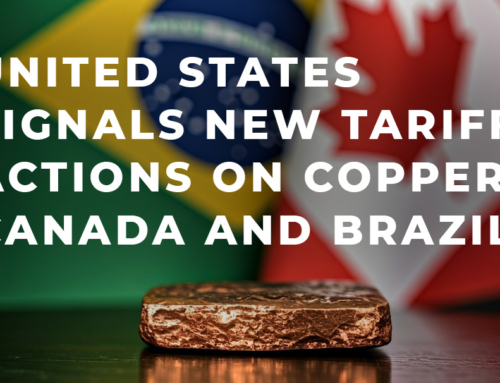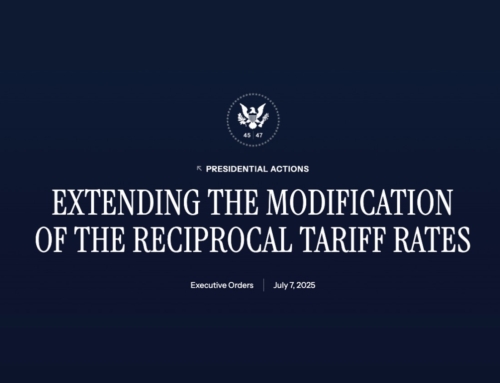Late on Friday, May 31, the United States announced the removal of India from the Generalized System of Preferences (GSP) program effective Wednesday, June 5, 2019. The United States launched an eligibility review of India’s compliance with the GSP market access criterion back in April 2018.
According to the USTR, India has implemented a wide array of trade barriers that create serious negative effects on U.S. commerce, and despite intensive engagement, the United States believes India has failed to take the necessary steps to meet the GSP criterion. The United States seeks to strengthen the trade imbalance, provide a reciprocal market for dairy and medical devices as well as strengthen intellectual property, expand e-commerce policy, and standardize telecommunications for testing and conformity.
Under the United States GSP program, certain products can enter the United States duty-free if beneficiary developing countries meet the eligibility criteria established by Congress. GSP criteria include, among others:
- respecting arbitral awards in favor of United States citizens or corporations;
- combating child labor;
- respecting internationally recognized worker rights;
- providing adequate and effective intellectual property protection; and
- providing the United States with equitable and reasonable market access.
India exports roughly $6.3 billion worth of goods under GSP, the benefit of which, however, is estimated at about $260 million annually on 5,000+ tariff lines.
NOTE: India is no longer exempted from application of the Section 201 safeguard measures (25% duty) on certain Crystalline Silicon Photovoltaic (CSPV) cells (CSPV products) and large residential washers and parts, effective June 5, 2019. Imports of CSPV products, and washers and parts, from India are now subject to the duties and tariff rate quotas on these products.
CBP: Section 201 Trade Remedy on Solar Cells and Panels, and Washing Machines and Parts
India has the opportunity to challenge the United States’ decision on the World Trade Organization (WTO) and/or levy retaliatory tariffs, however, Indian officials are hopeful for full reinstatement. But reinstatement is often conditional and comes with additional obligations and commitments based on negotiations and review.
“In any relationship, in particular in the area of economic ties, there are ongoing issues which get resolved mutually from time to time. We view this issue as a part of this regular process and will continue to build on our strong ties with the US…”
WHITE HOUSE: PROCLAMATION TO MODIFY THE LIST OF BENEFICIARY DEVELOPING COUNTRIES UNDER THE TRADE ACT OF 1974
For more information about the Generalized System of Preferences, visit USTR.
As Green continues to monitor the situation, stay up-to-date on freight news by following us on Facebook, Twitter, and LinkedIn or, subscribe to Green’s Freight Talk blog to received updates directly to your email.






